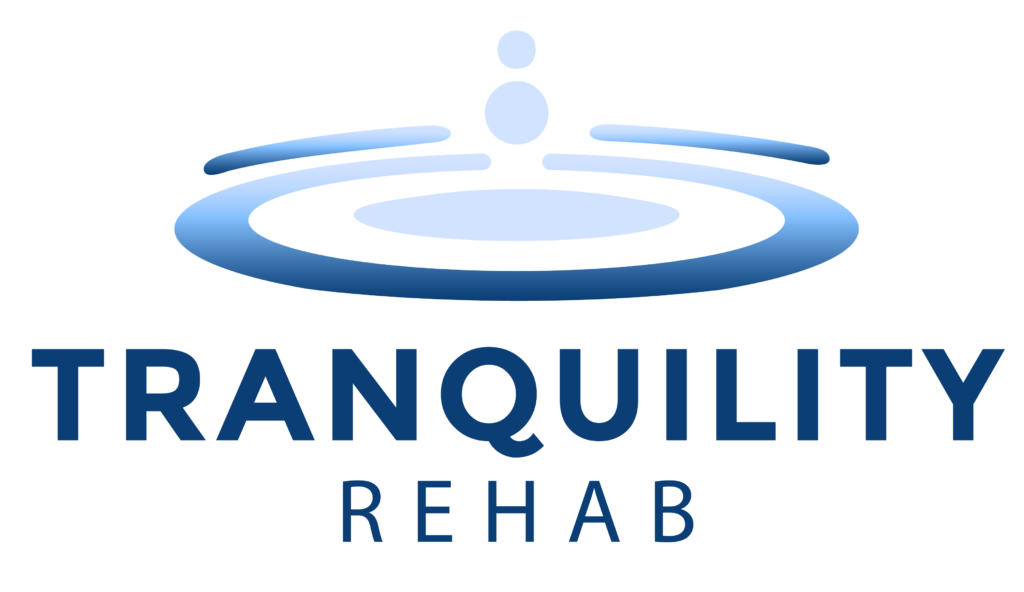Alcohol and Drug Rehab in San Francisco
Addiction Treatment in San Francisco
If you or a loved one are seeking addiction treatment near San Francisco, Tranquility Rehab is a nearby option. Just half an hour away in Castro Valley, our treatment facility provides a serene space for you to focus on healing from addiction.
Drug overdoses have become a public health crisis in San Francisco. In 2022, the San Francisco Office of the Chief Medical Examiner reported that 647 people died from unintentional drug overdose. The preliminary number for February 2024 is 64 unintentional drug overdose deaths in the city.
Drug and alcohol rehabs in San Francisco like Tranquility Rehab are designed to offer individuals struggling with addiction a path to recovery through a variety of programs and services tailored to meet their unique needs. These rehabs provide a supportive environment where individuals can engage in therapy, counseling, and activities aimed at healing the whole person — mentally, physically, and emotionally. With an emphasis on personal growth and development, San Francisco’s rehab centers focus on helping individuals regain control over their lives, encouraging resilience, and supporting long-term sobriety.
Overview of Our San Francisco Drug Rehab Program
Tranquility Rehab is a drug rehab center near San Francisco, CA. Our Northern California treatment center offers detox and residential programs that set clients up for success in long-term recovery. Our program options include dual diagnosis treatment, 12 step programming, holistic therapies, evidence-based therapies, and nutritional support.
Drug Rehab in San Francisco
Our addiction treatment center’s approach to drug rehabilitation is comprehensive, focusing on both the physiological and the psychological. This ensures a more holistic treatment experience for those seeking help. Drug rehabilitation centers in San Francisco typically offer a wide range of treatments for individuals struggling with addiction. These treatments are designed to help individuals overcome their addiction to drugs, including prescription medications, illegal drugs, and alcohol. Here’s an overview of what is typically treated at drug rehab centers in San Francisco:
- Alcohol Addiction: Rehab centers in San Francisco frequently address alcohol dependency, given its widespread abuse. Treatment involves detox, therapy, and long-term strategies for maintaining sobriety.
- Opioids: This includes both prescription painkillers (like oxycodone and hydrocodone) and illegal drugs (such as heroin). Opioid addiction treatment often requires a combination of medication-assisted treatment (MAT), detox, and counseling.
- Stimulants: Addiction to stimulants such as cocaine and methamphetamine is another common focus. Treatments aim to manage withdrawal symptoms and psychological dependence through therapy and support groups.
- Marijuana: As marijuana becomes more legally accessible, treatment for marijuana dependency is also available, focusing on behavioral therapies.
- Prescription Drugs: Beyond opioids, addiction to other prescription medications, such as benzodiazepines (used to treat anxiety and insomnia), is also treated. Rehab programs typically involve tapering off the drug, counseling, and learning alternative coping mechanisms.
- Club Drugs and Hallucinogens: Substances like MDMA (ecstasy), LSD, and ketamine are less commonly abused but still addressed in drug rehab settings, primarily through psychotherapy.
- Dual Diagnosis Treatment: Many individuals struggling with substance use disorders also have co-occurring mental health conditions, such as depression or anxiety. San Francisco rehabs often offer dual diagnosis treatments that address both the substance use disorder and the mental health condition concurrently.
A Promising Tomorrow Begins Today
San Francisco’s alcohol rehabilitation centers are designed to provide a supportive, comprehensive treatment environment. By addressing the physical, psychological, and social aspects of addiction, these centers aim to empower individuals to achieve and maintain sobriety.
Levels of Care at Our Drug and Alcohol Rehab San Francisco
Drug and alcohol rehab centers in San Francisco primarily focus on treating substance use and alcohol use disorder (AUD), which encompasses a wide range of behaviors from excessive drinking to alcohol dependence. These facilities provide a personalized and comprehensive approach, recognizing that the path to recovery varies for each individual.
Services and treatments commonly offered in drug and alcohol rehab centers in San Francisco include:
Detoxification is often the initial step in alcohol treatment programs. Detox programs help individuals manage the withdrawal symptoms that occur when a person stops drinking. Detox under the supervision of medical professionals ensures the individual’s safety and comfort during withdrawal.
Many individuals choose to continue on to residential treatment programs. These programs give clients the opportunity to focus wholly on recovery. They’ll reside in a safe, supportive space where they’ll develop crucial coping skills.
Behavioral therapies can help individuals learn more about the underlying factors contributing to their addiction and how to manage them in a healthy manner. Therapists may use a variety of approaches, such as cognitive behavioral therapy (CBT), motivational interviewing (MI), and dialectical behavior therapy (DBT).
Medication-Assisted Treatment (MAT) plays a crucial role in the recovery journey for some individuals, helping to reduce cravings and manage withdrawal symptoms.
Support groups can be a valuable resource for education on alcohol addiction as well as for connection with others who have faced similar challenges with substance abuse.
Aftercare planning is a critical aspect of alcohol rehab, involving the preparation for life after treatment. This includes establishing a supportive environment, ongoing therapy, and participation in support groups to maintain sobriety.
For a well-rounded approach to recovery, many San Francisco rehab centers incorporate holistic therapeutic interventions, such as yoga, exercise, and meditation.
Frequently Asked Questions about San Francisco Addiction Treatment
The length of your program will depend on your individual treatment needs, which are based on the severity of your addiction and other unique circumstances. Generally, detox takes between a few days to a week, while inpatient stays usually consist of a minimum of 30 days. You can work with your treatment team to find a schedule that best supports your recovery needs.
There are many different modalities that serve different purposes in addiction treatment. Common therapies used to treat addiction include cognitive behavioral therapy (CBT), motivational interviewing (MI), and dialectical behavioral therapy (DBT).
Yes, you may be able to use your insurance coverage to pay for part of your treatment. Tranquility Rehab works with many major insurance providers and can work with you to verify your benefits. Your coverage will vary depending on your specific plan, and so it is advised to check with your insurance provider about what may be covered.
Reach Out to Our San Francisco Drug Rehab Center to Learn More
Take the first step toward a new beginning and reach out to our San Francisco treatment center today. Our helpful team is happy to answer any questions about what to expect at our treatment center. Call us at 510-916-3872 or fill out a form on our site to get started.

